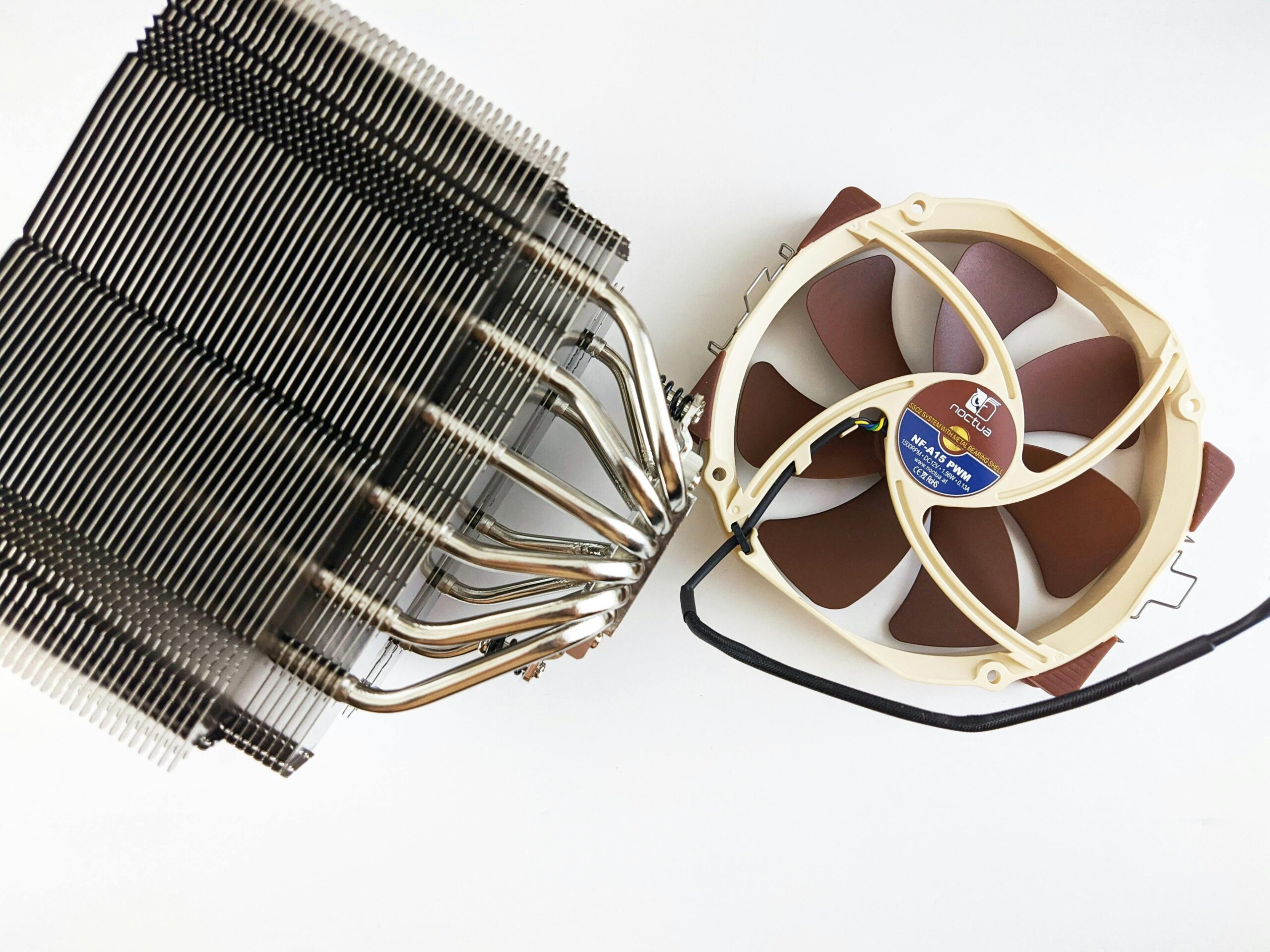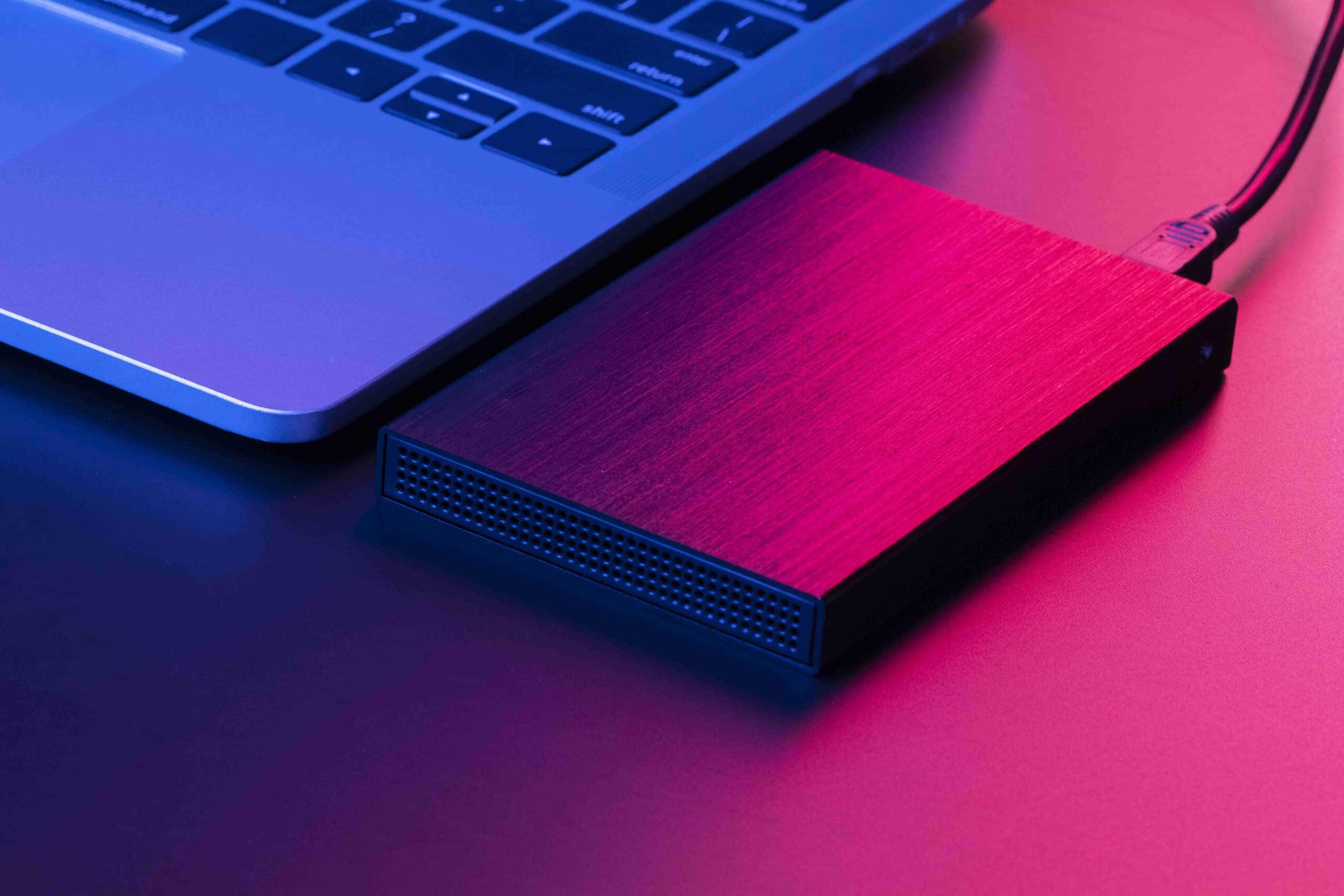“Why is my computer fan so loud: Top Reasons Explained”


Introduction
If you find yourself at your workplace attending to your duties, and you pause to contemplate for a moment Why is my computer fan so loud resembling a launching jet, then you will certainly be worried. A noisy fan can be really irritating, but at the same time, it can hint at the fact that something is wrong with your system. It may not be pleasant, but it could be a sign of an issue with your machine that requires fixing. Below, we go over the primary causes of noisy fan and how to address them in this article.


What is a Computer Fan and Why is it Important?
A computer fan is a very important part which plays a major role of cooling your computer to allow proper functioning of internal parts. Its primary function is to remove heat produced by essential parts of a computer such as a CPU (Central Processing Unit), GPU (Graphics Processing Unit), and power supply unit.
Explanation of the Fan’s Role in Cooling
It operates with the help of drawing cool air from outside the casing and exhausted the hot air which is produced inside out through vents. This process is used in a way that it why is my computer fan so loud all of a sudden in controlling high temperatures within the components to acceptable levels. Why is my computer fan so loud, there are several fans to help draw an airflow axis and increase cooling efficiency.
The Consequences of a Malfunctioning or Loud Fan
It only requires a little discovery that your fan is not working as it is supposed to work or it becomes noisy when operating. Here are some potential consequences:
1. Overheating: If cooling is unused the temperature of critical components will rise and thus will be affected. Throttling is because of heating issues – Your CPU, or GPU, clock runs low to prevent it from overheating, thus you have a slow computer. Sometimes, why is my computer fan so loud all of a suddenpermissible limit by much, some of the components were damaged.
2. System Crashes: It can bring out an immediate shutdown of a system or freezing up of a system because the system understands that this will stop the loss. This is often done without the knowledge of users and as the result, data gets lost.
3. Decreased Lifespan of Components: If general components are required to operate at a relatively high temperature, the lifetime of why is my computer fan so loud all of a sudden. For example your processor or your graphics card will wear out a lot faster if they are always exposed to high temperatures.
Common Causes of a Loud Computer Fan
There are many reasons for a noisy computer fan, almost all of which have something to do with cooling system. Below are the common causes of excessive fan noise and how they affect your system’s performance:


Overheating: Why is my computer fan so loud
How high temperatures make the fan work harder.
If the computer gets too hot, for example, its fan will turn on higher to hope to aid in cooling the other components. Overheating most often occurs when the CPU (processor) or GPU (graphics card) loads at maximum, for example, during gaming, video processing, why is my computer fan so loud all of a sudden. As the processor warms up, the fan is forced to spin at higher rpm in order to let out more heat, thus added noise.
Dust Accumulation: Why is my computer fan so loud
How dust buildup restricts airflow.
Often dust gathers on your computer case, specially around the fan and some vents present in its design. Besides, its job is to facilitate the smooth flow of air over the components while preventing dust from landing on the fans or accumulating on the heat sinks, or if it does, it forms a layer that hampers air circulation and cooling of the parts by the fan.
Consequently, the fan will have to work at a faster and at a louder rate to help counteract the reduced cooling results of the heatsink. But that is not all Of course, dust not only puts the fan under pressure and heat, but also the internal temperature of the system, which is a source of overheating. This problem is avoidable just by ensuring a regular cleaning process to ensure your fan operates efficiently.
High CPU or GPU Usage: Why is my computer fan so loud
Intensive programs putting pressure on components.
Large projecting resourceconsumer applications like video or computer games, work in 3D graphic studios, watching movies, juts having a number of open in browser might overload your CPU or GPU. Why is my computer fan so loud components are under the hotter they get and the faster the fan needs to be to cool them down.
While running high CPU or GPU usage, a fan generally becomes noisy but, when the noise is more extreme or appears during low usage, then there might be a problem of poor airflow or old hardware.


Fan Age and Wear: Why is my computer fan so loud
Older fans becoming inefficient.
Similar to any mechanical part, they get diseased and as such they require replacement from time to time. The older fans may not rotate as freely or as quietly as they used to, and are likely to be louder than the new fans categorized above. The places within the fan may rust, the blades may lose their efficiency or the motor can get weaker. Why is my computer fan so loud tries to cool down your system in vain, and constantly. If it has been years since your fan was bought and it is as noisy as an old sow, then a new fan will be more suitable.
Mechanical issues leading to noise.
Fans have tiny balls that make the blades to turn in a circle conveniently. In the long run, the bearing holders of such equipments may get worn out, damaged and emit grinding or whining sound. If the bearings are the problem, then you are going to have to change the fan because it won’t correct itself and will only get worse.
Poor Ventilation or Blocked Vents
How restricted airflow raises the noise level.
Air circulation is one of the first factors that will contribute to the cooling of your computers. When air flow is low, fan has to strain to maintain the temperature and as a result, you will get noise.
Software Solutions for Controlling Fan Speed
If your computer fan is always noisy, you can sometimes solve the problem at the software level, where you can control fan speeds either manually or automatically. Below are two common methods to help you keep fan noise under control without compromising system performance:
Using Fan Control Software (e.g., SpeedFan)
Fan control software allows you to control your fans from your desktop as well as monitor the speeds of your fans. Of all the options available, one of the most famous is SpeedFan that is available as free software and enjoys tremendous demand. It functions by being able to read the temperatures of different parts within your system like the CPU and the GPU, and set fan speeds depending on that.
Here’s how SpeedFan works:
1. Download and Install SpeedFan: After the installation, the software is capable of identifying the fans and sensors in your computer.
2. Monitor Temperatures: You can monitor the temperature of every component of your computer including CPU and Graphic CPU. It will also show the present RPM on the fans this is Revolutions Per Minute on the software.
3. Set Custom Fan Speeds: It has additional features where you can set up specific profiles with the required temp levels having specific fan speeds. For instance, in operation you can set the fan to operate at high speed in higher temperatures but draws low temperatures when the CPU is not much taxed.
4. Automatic Control: SpeedFan has the ability to set the fan speed to change proportional to the current temperature and thus achieve both low noise and good cooling.


BIOS Settings for Controlling Fan Speeds
Another way to I&F is by changing the speed of your fan in its BIOS that is located in your computer. The BIOS is the boot up and interface program between the computer user or operating system and the hardware devices of the computer. Almost all modern motherboards have fan control as an option in the BIOS setting. Here’s how you can use BIOS settings to control fan speeds: 1. Enter BIOS: You need to turn off your computer and then set some key to enter BIOS for each computer, commonly it is Delete, F2, or F10. 2. Navigate to Fan Settings: First of all, try to start a utility called Hardware Monitor or PC Health Status on a motherboard of the NS326 or look for an analogue with a similar name.
3. Adjust Fan Profiles: Most BIOS settings let you select various fan options like Silent, Standard or Performance. These profiles change the fan speed according to the temperature. There is a low profile, for example, Silent, in which fans work slower when the workload drops. 4. Custom Fan Curves: Many BIOS settings let you manage the fans by creating your own curves. A fan curve is similar to saying how fast the fan must spin for certain temperatures. For instance you can turn the fan to the lowest level that is 30% when CPU is at 40 degree Celsius and make it full 100% when it has scaled to 80 degree Celsius.
Steps to Quiet a Loud Computer Fan
In general, it is notorious that if your computer fan is noisy then you should know that your computer systems are under pressure. Regardless of the cause being dust, lack of ventilation, or even malware, there are a few things that you can do to lessen fan noise and enhance the performance at the same time. The following solutions will be helpful in making a loud computer fan to become silent.
Clean the Fan and Vents
Step-by-step guide on safely cleaning.
Dust is one of the mainsources of noise making in a fan and this is why it needs regular cleaning. Fine particles can accumulate on the heatsinks and fans, which could restrict air flow to the cpu cooler or actually push heat downwards toward the cooler and then back towards the cpu. Preventing this problem can be as simple as cleaning the surface of your fan and vents on a regular basis. Here’s how to clean your fan safely:


1. Turn Off and Unplug the Computer: Safety first! Ensure that your computer is off and disconnected from a power source before you begin any of these steps.
2. Open the Case: Remove the side panel of a desktop by unscrewing it or sliding it off. About laptops, you might want to use a small screwdriver to get to the fan zone.
3. Use Compressed Air: Take an aerosol can, and turn it in the upward position and blow air on the fan and vents. Try to remove all the dust without pointing at the blades of the fan.
4. Hold the Fan Blades: If possible, grasp the blades of the fan with your fingers or a pencil and then blow the dust away. This means that when the engine is running, the fan cannot spin too quickly since this will have the effects of damaging its bearings.
5. Clean the Vents: Finally, the vents—intake and exhaust vents also requires regular cleaning as they get clogged with dust most of the time. To clean them, blow compressed air off them.
6. Reassemble and Test: Once all fingerprints are washed, close the case and plug the computer back and try to find if the noise has minimized.
Does a Loud Fan Mean My Computer is Dying?
While a loud computer fan can be a scary thing, it doesn’t always indicate that your computer is dying on us. It is high time that we deal with the myths or facts related to loud computer fan.
Myths vs. Reality
A Loud Fan Always Means Your Computer is Dying
- Reality: Most of the time, we start fearing that our computer is about to fail or die because of a loud fan. Very often, the noise produced by fans simply indicates that the system has been working harder to cool the components. It could just be high CPU usage, dust buildup, or poor ventilation that you have the fan working extra hard, and these are easy to fix. Usually, cleaning of the fan or increasing the flow of air of the fans solves the problem, with no harm done to the computer.
All Loud Fans Need to Be Replaced
- Reality: Not every loud fan requires replacement, so before taking action, you should assess it in two ways. At other times, noises are a transient problem that usually occurs when the system is processing heavy workloads such as running multiple applications. However, if the noise is constant or the fan is noisy (e.g., it grinds or rattles), the problem is in the mechanics of the fan.
Fan Noise Means the System is Overheating
Reality: Although fans work at high rpm with hot air therefore when you hear fan noise it is not necessarily your computer is overheating. It could also be due to such problems as many running processes in the software or presence of virus. Another reason why using monitoring software to check temperatures on your system will be more helpful to you.
Conclusion:
Loud computer fan is generally an indication of stress on the system due to factors such as heat, dust on the elements, high CPU or GPU usage, or improper working of old/ new fan, or lack of ventilation. These problems cause the fan to spin at a faster rate in an effort to cool the system making it loud. Although a noisy fan is not necessarily a clear sign that your computer is about to die, it means that there is something wrong with it. Tips include dusting the fan and vents, rearranging the location of your computer to incorporate more airflow, and scanning for useless programs or viruses that could be bringing extra work to your machine. Application of new thermal paste can enhance heat distribution while if the fanatics are either old or spoilt, then they might require replacement for quiet operation.
Read More: How to Format an SD Card



